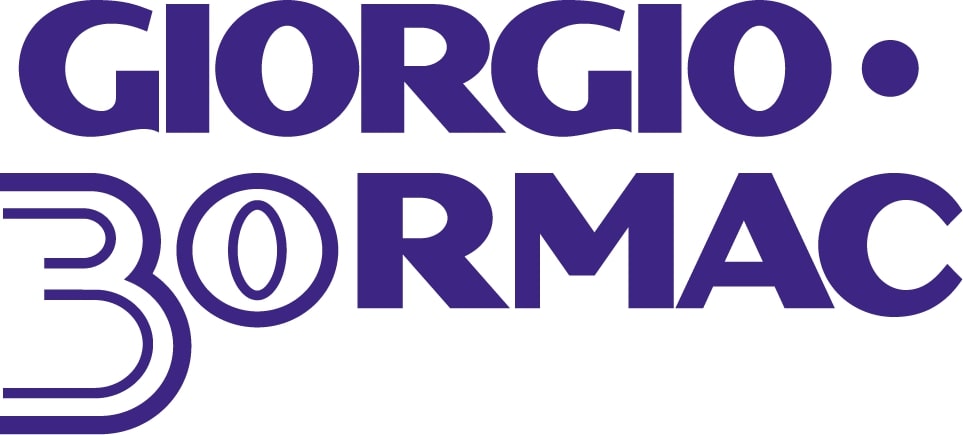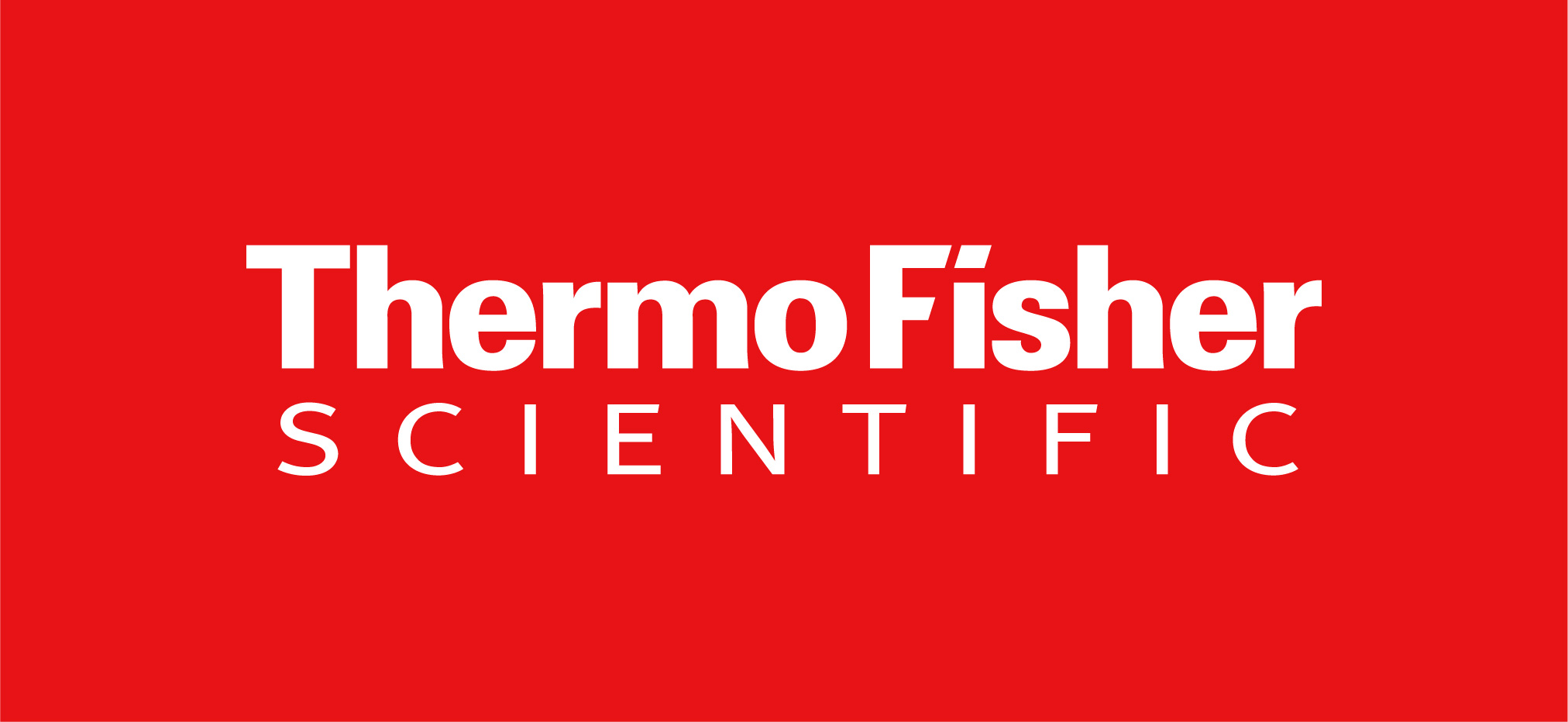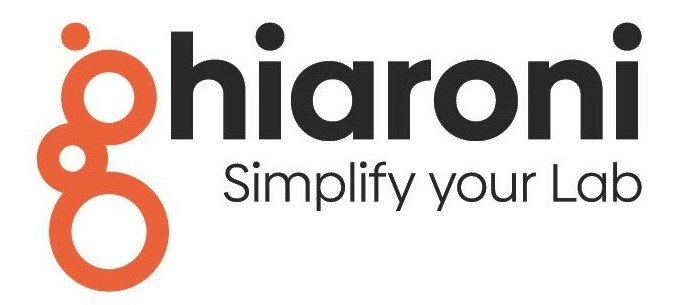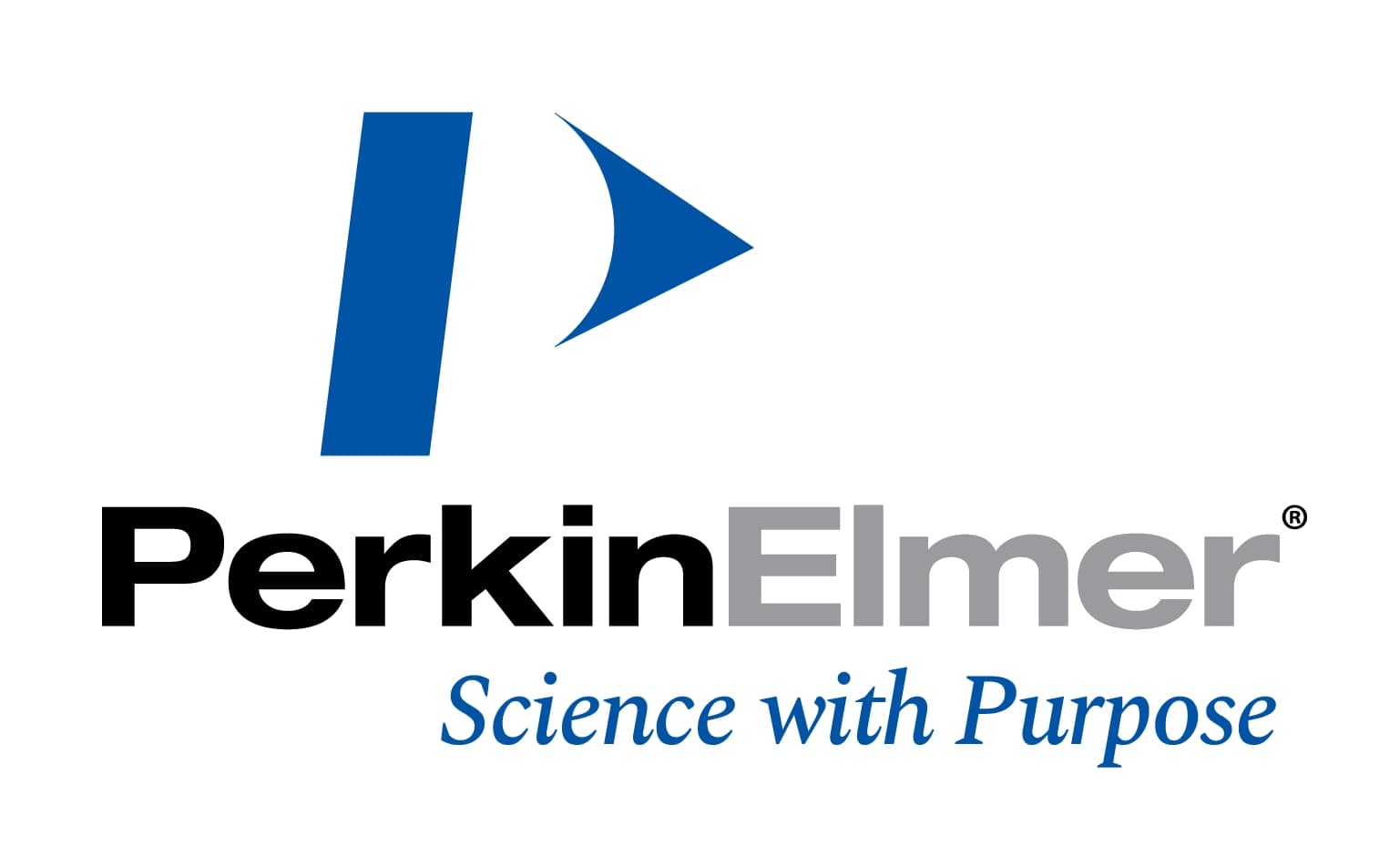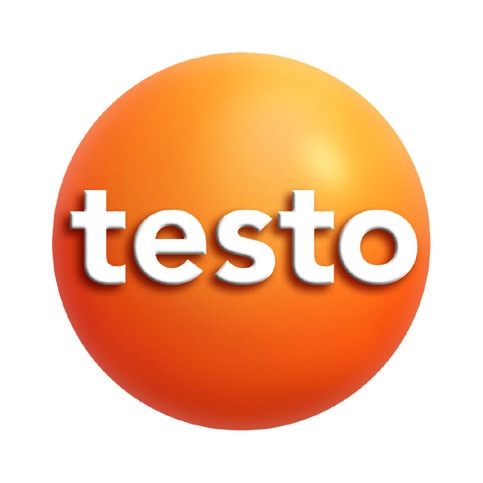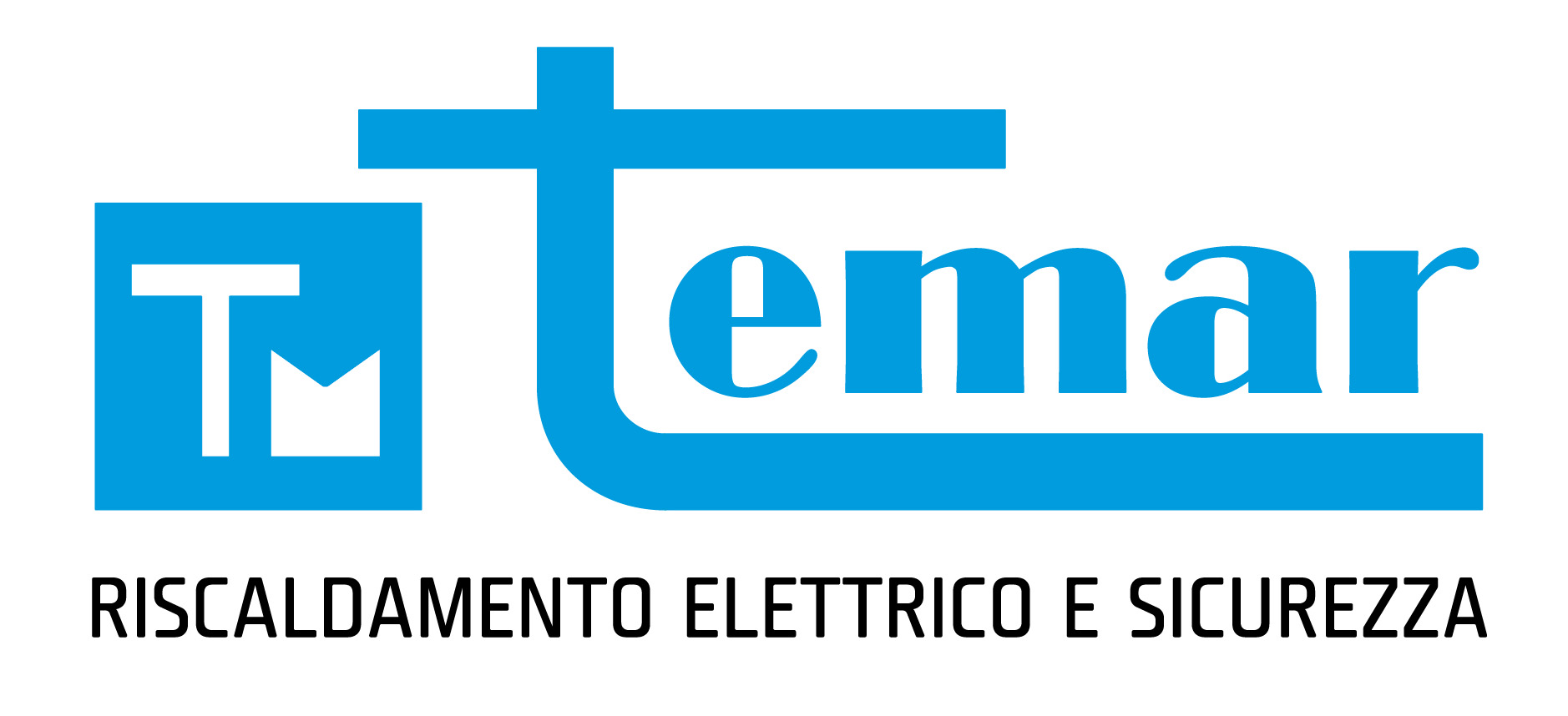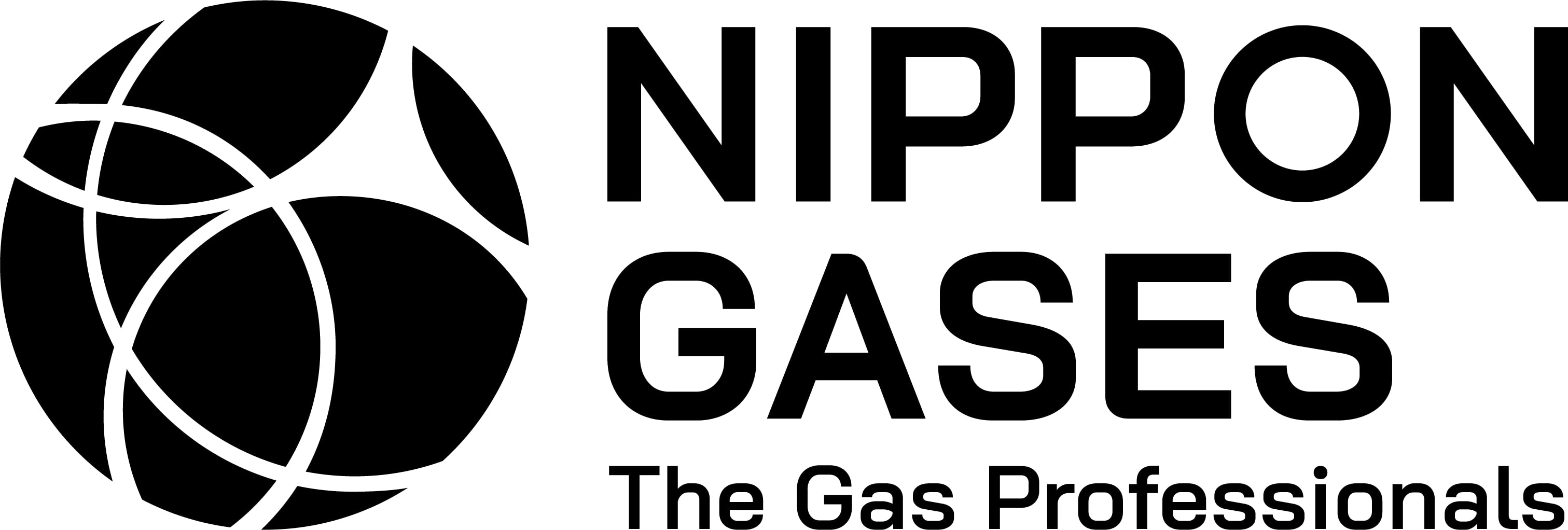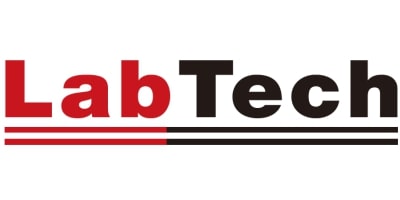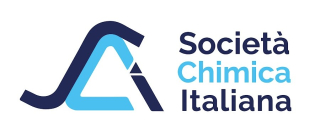
SCI - Società Chimica Italiana
|
Event organized by SCI - Italian Chemical Society
Founded in 1909, the SCI – Italian Chemical Society is a scientific association with around 6,000 members. In addition to their shared interest in chemical science, members are united by the desire to contribute to the cultural and economic development of the national community, to the improvement of human quality of life, and to environmental protection. SCI’s mission is to promote the study and advancement of chemistry and its applications.
The SCI - Italian Chemical Society takes part in Labotec to offer the expertise of its members, fostering the exchange of knowledge and skills between academia, research, industry, and the professional world. Analytical techniques, laboratory processes, and evolving regulatory requirements—driven by advances in pharmaceutical chemistry and environmental chemistry—find in Labotec a platform where chemistry and chemists meet their most advanced applications, and scientific culture is translated into tools, practices, and solutions for today’s challenges.
Session overview
The Italian Chemical Society – Emilia-Romagna Section is pleased to present a workshop at the intersection of research and science communication, aimed at professionals working in the field of instrumental analysis.
This initiative seeks to strengthen the dialogue between the professional world, academia, industry, and spin-offs, offering a space for discussion around the sector’s real needs and encouraging the development of new synergies. At the heart of the event is innovation, showcased through the contributions of leading experts in chemical sciences as applied to the diagnostic, pharmaceutical, biotechnological, and environmental sectors.
1. "Research that Creates Value: Innovation at the "G. Ciamician" Department of Chemistry in Synergy with Industry" - Speaker: Andrea Zattoni (University of Bologna)
The Department of Chemistry “Giacomo Ciamician” at the University of Bologna is a national and international reference point for chemical research and technology transfer. Alongside scientific excellence, the Department maintains an active dialogue with the productive world, promoting collaborations with companies, institutions, and innovative startups. Since 2019, over 90 commissioned research projects have been launched, totaling €3.8 million in funding, covering key sectors such as agri-food, health, renewable energy, advanced materials, and precision mechanics. The Department holds around 80 active patents and has contributed to the founding of six university spin-offs, transforming scientific results into practical solutions for health, the environment, and energy. The new facilities at the Navile Science Campus host state-of-the-art laboratories and infrastructures, creating an ideal environment for innovation and skill development. One flagship outreach initiative is the Navile Day, an annual event that strengthens the connection between research, industry, and society through presentations of high-tech projects, patents, and collaborative opportunities—engaging students, researchers, and industrial stakeholders.
2. "Antibody-Drug Conjugates (ADCs): A Technological Innovation in Cancer Therapy" - Speaker: Barbara Valsasina (Nerviano Medical Sciences)
Antibody-drug conjugates (ADCs) are composed of highly potent toxins capable of destroying living cells, linked to monoclonal antibodies that target specific markers on the surface of cancer cells. An ADC acts like a guided missile, delivering the toxin directly to the tumor while sparing healthy tissues and minimizing the side effects typical of conventional chemotherapy. The advent of these high-tech drugs has significantly improved survival rates in patients with tumors expressing specific molecular targets. The talk will explore recent innovations in the field and the clinical results that led to the approval of various ADCs for the treatment of solid and hematologic tumors. Particular focus will be given to analytical techniques used to characterize these complex products. ADCs combine biological macromolecules with small chemical compounds, creating significant heterogeneity and analytical challenges that require the development of dedicated technologies and methodologies.
3. "Nanotechnologies Under the Lens: Tailored Solutions" - Speaker: Valentina Marassi (byFlow Srl & University of Bologna)
byFlow Srl, founded at the Department of Chemistry "G. Ciamician" (University of Bologna), has become a key partner for companies and research centers working with complex systems at the nano- and microscale, requiring customized analytical technologies and methods. Active across a variety of sectors—from innovative materials to biotech drugs, and even nanotech-enhanced foods like wine and milk—byFlow transforms cutting-edge research into concrete tools and services for both industry and society. Their solutions focus on innovative separation techniques that preserve the original characteristics of complex samples while providing detailed information on the properties and behavior of nanoparticles (proteins, antibodies, drugs, advanced materials). Beyond raw data, byFlow supports clients in understanding and improving their products, offering services such as stability studies, particle sizing and shape analysis, aggregation assessment, biosimilarity evaluations, and custom development of original analytical methods. Thanks to solid scientific expertise and an international collaboration network, byFlow is now a trusted partner for companies, research labs, and startups, helping them turn scientific knowledge into competitive advantage.
4. "See the Goal, Hit the Target: Peptide-Drug Conjugates as a New Frontier in Treating Pulmonary Fibrosis" - Speaker: Kelly Bugatti (University of Parma)
Imagine a powerful drug that could cure a disease, but by the time it reaches the target tissue, it's already too late—the damage is irreversible. This is the challenge with current treatments for Idiopathic Pulmonary Fibrosis (IPF), a deadly disease with a survival rate of just 3–5 years post-diagnosis. The two approved drugs only slow disease progression and cause severe side effects. Peptide-drug conjugates (PDCs) represent an emerging and highly innovative solution. These molecules combine a drug with a "guiding peptide" capable of selectively recognizing fibrotic areas in the lung. This targeted delivery concentrates the therapeutic action exactly where it’s needed, increasing effectiveness and reducing systemic side effects. Even more promising is the dual function of the targeting mechanism: when coupled with a fluorescent probe, the guiding peptide can also enable early diagnosis, "lighting up" fibrotic tissue before clinical symptoms appear. This see-and-treat strategy opens the door to personalized and timely intervention, paving the way for smarter, safer, and more effective therapies for diseases that still lack definitive cures.
Further information will be available soon.
![]() The event will be held in Italian
The event will be held in Italian
| Speakers | Presentations |
 |
 |
| Moderation by Membrs of the SCI-ER Board | |
| Andrea Zattoni (UniBO) | Research that Creates Value: Innovation at the "G. Ciamician" Department of Chemistry in Synergy with Industry |
| Barbara Valsasina (Nerviano Medical Sciences) | Antibody-Drug Conjugates (ADCs): A Technological Innovation in Cancer Therapy |
| Valentina Marassi (byFlow Srl & UniBO) | Nanotechnologies Under the Lens: Tailored Solutions |
| Kelly Bugatti (UNIPR) | See the Enemy, Hit the Target: Peptide-Drug Conjugates as a New Frontier in Treating Pulmonary Fibrosis |
| Enrico Rampazzo (Fluodetect & UniBO) | A New Technology to Discover Invisible Microplastics |
| Nelsi Zaccheroni (Bionys & UniBO) | Portable and Versatile Diagnostics Using Electrochemiluminescence |
| Questions and Answers (Q&A) | |

